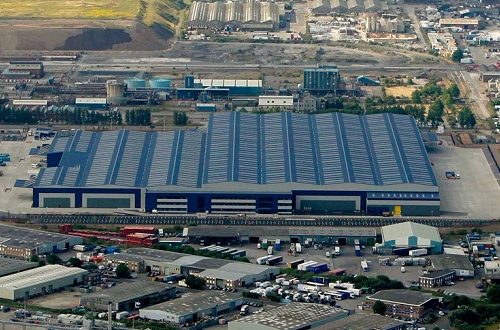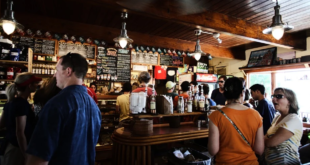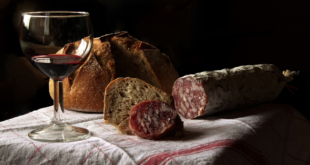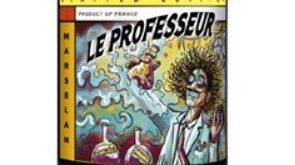It may come as a bit of a surprise, but that bottle of wine you bought earlier may have been bottled in Bristol, Manchester or somewhere else in the UK. Increasingly wine is shipped in bulk and bottled locally. According to an article in The Buyer, bulk wine accounted for 60% of Australia’s exports in 2016, up from 30% in 2006. Over 60% of South African wine is bulk.
Bulk Wine Development
Shipping in bulk and bottling locally is not new, Harveys of Bristol have been doing it since the eighteenth century. What has changed is the technology. Wooden barrels have given way to disposable plastic tanks designed to fit standard shipping containers or to reusable stainless steel tanks. This though is only part of the story. Improvements in bulk wine technology at both the filling and bottling stages have reduced the risk of degradation. Vast high technology bottling plants handle our increasing demand for wine.
Accolade Wines brands include; Hardys, Kumala, Echo Falls and Banrock Station. Their plant near Bristol employs 500 staff and can produce 1,200 bottles each minute, 25 million cases per year.
Although purists will disagree, for modern mass produced wine there is little if any discernible difference. Some even argue it reduces the risk of spoilage during shipping.
Arguments For and Against
Advocates of bulk wine are keen to promote environmental benefits. Certainly shipping wine in containers holding up to 26,000 litres is more efficient than the transporting of thousands of glass bottles. Cost though is the main factor driving growth. For entry-level and even mid price wines, the savings are considerable, justifying the investment. It allows producers far away to compete with closer to home competitors. Not surprisingly, Australia, South Africa and South America are big bulk wine suppliers. If the saving goes into the wine, a £6 bottle of bulk wine is likely to be better option than a £6 bottled at the vineyard.
On the downside, bottle manufacturers and bottlers in the wine making countries are losing out. For developing countries this is a loss of revenue and jobs. Producers risk losing identity and adding value. Bulk wine often has supermarket own or marketing labels. It only suits modern sterile mass market wines.
 Vino-Club For Wine Lovers
Vino-Club For Wine Lovers






